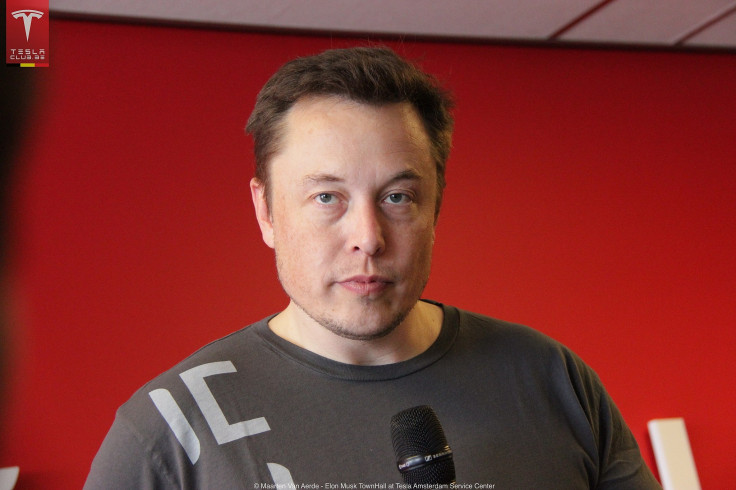Elon Musk's biography reveals why the billionaire decided to buy Twitter
The biography portrays the business magnate as a complex, tortured figure.

Elon Musk's biography, written by Walter Isaacson, has shed some light on the reason behind the 52-year-old billionaire's decision to acquire Twitter for $44 billion in October last year.
The biography gives us a glimpse into Musk's state of mind during his purchase of Twitter, which wasn't an ideal fit for his portfolio of companies. Musk is known for running companies that develop EVs (electric vehicles) and space exploration technologies.
Apparently, Twitter reminded the business magnate of his longtime vision of building an "everything app" with payments incorporated. Taking a step forward in this direction earlier this month, X (formerly Twitter) has entered the financial services sector.
Some pictures from my Musk book. pic.twitter.com/lZGRwey7z5
— Walter Isaacson (@WalterIsaacson) September 10, 2023
On a psychological level, purchasing Twitter fulfilled Musk's constant need to reach the next level in life, Isaacson wrote. The author points out that things were going "surprisingly well for Musk" in early 2022.
The previous year, Tesla became a trillion-dollar company, leaving Musk with an extra $10 billion on hand from recent stock sales. Isaacson says Musk would try to "manufacture a drama" at such moments and this time was no exception. Surprisingly, Musk began purchasing shares of Twitter using his extra cash.
How did Elon Musk end up buying Twitter?
Some of Twitter's board members requested the tycoon, who the book claims is "driven by demons", to become more involved in the company. Musk secretly met with then-CEO Parag Agrawal at an Airbnb farmhouse, which was allegedly surrounded by tractors and donkeys.
Agarwal was nice, and Musk believes managers should not be liked. "What Twitter needs is a fire-breathing dragon, and Parag is not that", the Tesla CEO said. When Agrawal invited him to join the board of directors, Musk owned 9.2 per cent of the company's stock.
The former CEO of Twitter, Parag Agrawal, was fired by Elon Musk 96 days ago and has been rejected by every job since. Tells you everything you need to know! 🤣
— Matt Wallace (@MattWallace888) January 31, 2023
Musk, who was concerned about the state of free speech in America, wanted to develop a subscription system that would verify Twitter users. However, existing board members refused to take action on Musk's ideas.
In fact, Isaacson points out that none of them even used the platform. As a result, Musk realised that a board seat wouldn't be enough. "I began to believe that Twitter was heading off a cliff and that I couldn't save it by just being a board member", he said.
Musk told the author: "So I thought, maybe I should just buy it, take it private, and fix it."
After obsessing over the company's problems, Musk criticised Twitter on the platform itself, and eventually decided to purchase the company. He exchanged texts with Agrawal and then-chairman Bret Taylor saying "drastic action [was] needed", and shared his plan.
Elon Musk submits a Twitter offer
Musk told Taylor: "It is better, in my opinion, to take Twitter private, restructure and return to the public markets once that is done." On April 13, the billionaire submitted the offer and tweeted the news after playing the video game "Elden Ring" until 5:30 AM the next day.
This doesn't come as a surprise since Musk has a reputation for running his businesses as a series of risky bets. For example, Musk recently launched a spacecraft for SpaceX despite knowing it would explode in the sky.
Isaacson claims Musk repeatedly changed his mind after bidding for Twitter. He even tried to renegotiate a lower price and ultimately called off the deal. Much to his chagrin, Taylor forced the deal after a court battle.
It will be interesting to see whether the risks Musk took for X will pay off. Musk previously predicted to Isaacson that it would take five years to turn the company around. After acquiring Twitter, Musk and his lieutenants checked through its employees' internal communications and social media posts for signs of disloyalty.
According to Isaacson, Musk loyalists, who were known as the "musketeers" inside Twitter, searched the company's Slack archives for keywords including "Elon", and fired all employees who had made snarky comments about the billionaire.
© Copyright IBTimes 2025. All rights reserved.






















